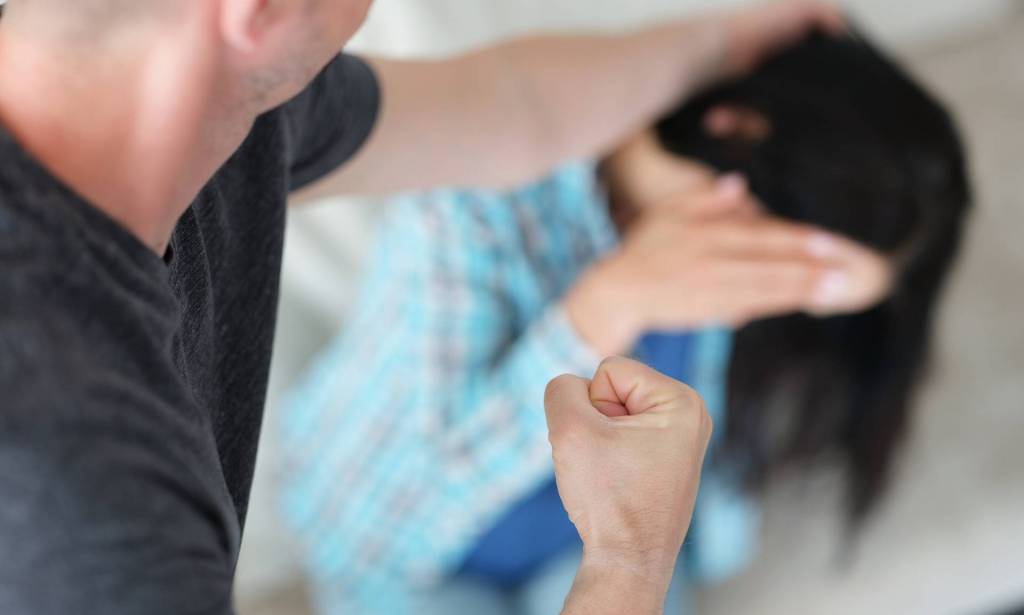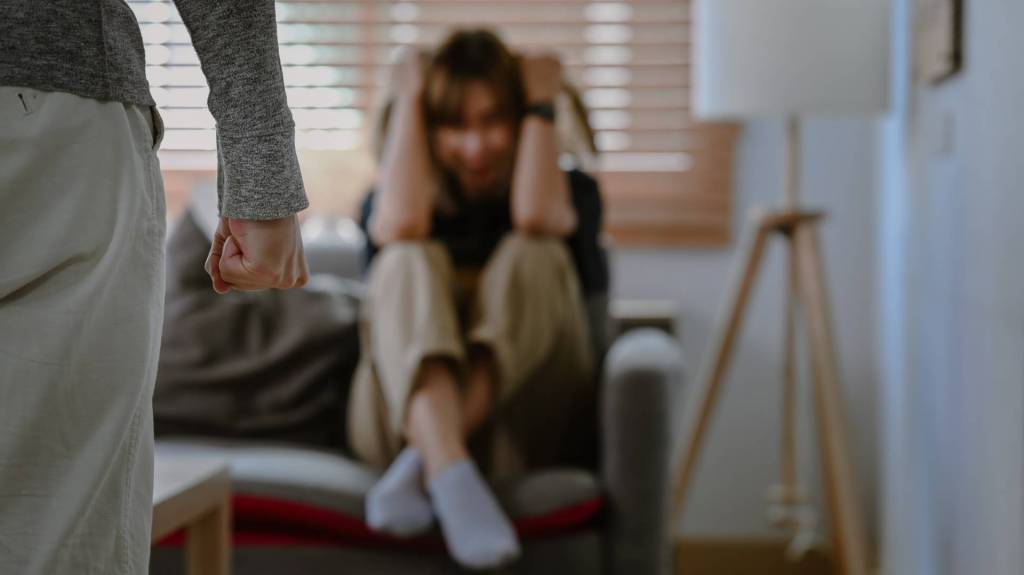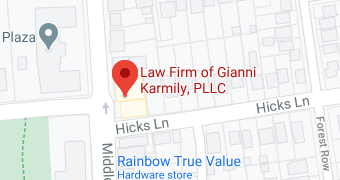If someone files a restraining order against you or you are served with a restraining order on Long Island or in New York City, you are going to need the legal advice and assistance that a Nassau County restraining order attorney provides. You’ll need to contact that criminal defense lawyer’s office as quickly as possible.
All types of orders of protection in New York can very negatively affect your life. In New York, what is the effect of a restraining order? Is there a difference between a restraining order and an order of protection? What are your rights if you are served with a restraining order? What steps will you need to take?
Continue reading this discussion of restraining orders in New York. You will find the answers to these questions and will also learn what legal measures a Nassau County restraining order lawyer can take if you’ve been falsely accused of domestic violence on Long Island.
Order of Protection vs Restraining Order
Temporary restraining orders are issued quite frequently in New York. About five hundred are issued every day. The New York State Office for the Prevention of Domestic Violence reports that about 183,000 petitions for restraining orders were filed in New York courts in 2021.
In New York, “orders of protection” are the same thing as restraining orders; there is no difference. Criminal courts and family courts in New York both issue restraining orders to protect alleged crime victims and potential targets of domestic violence.
Family courts issue restraining orders specifically to those who seek protection from domestic violence, but when a stranger purportedly assaults, stalks, or harasses someone, a restraining order may also be issued by a criminal court. A New York Supreme Court may also issue a restraining order.
In fact, the courts in New York State issue two types of restraining orders: “temporary” orders of protection and “final” orders of protection. A temporary order of protection can be issued in this state in Family Court immediately upon someone’s request without any formal judicial proceeding, but not in a criminal court.
Final Order of Protection in New York
A final order of protection from a family court may typically remain in effect for as long as five years, and a final restraining order from a criminal court typically stays in effect for as long as ten years. When a New York Supreme Court issues a restraining order at the end of a divorce proceeding, that order permanently remains in effect.
Final restraining orders are either “limited” orders or “full orders.” A limited order is typically issued if you share children with the person who sought the restraining order, and it allows for limited contact. A full restraining order forbids any contact whatsoever with the individual who sought the restraining order.
What Proof Do You Need For a Restraining Order in New York?
A restraining order in New York cannot actually stop anyone from harassing, stalking, or injuring someone else, but an alleged victim may have his or her alleged abuser placed under arrest for the violation of a restraining order and charged with contempt of court.
If a temporary restraining order is issued against you in this state, it will order you to refrain from threatening, injuring, harassing, or stalking the person who sought the restraining order. In many cases, a restraining order may also order you to:
- avoid any contact with the person who sought the restraining order
- move out of your home
- comply with a child custody order
- make payments for child support as ordered by the court
- surrender whatever firearms you may possess
Can You Fight a Restraining Order in New York?
If you believe that a restraining order should not have been issued against you, you still must comply with its terms. To contest a restraining order, you and your Nassau County restraining order attorney must request a hearing to show the court that the order should be vacated.
While a restraining order does not establish a criminal record, if you violate a restraining order, as mentioned previously, you could be charged with contempt of court, and if you are convicted of a serious restraining order violation, you could be sentenced to a lengthy prison term.
Do not try to deal with a restraining order on your own. If a temporary restraining order is issued against you, contact the offices of a Nassau County restraining order lawyer at once, and that lawyer will work to vacate the order and prevent a final restraining order from being issued.
What to do if You’re Falsely Accused of Domestic Violence?
Domestic violence threatens far too many New York families, so the authorities take domestic violence cases seriously, but prosecutors, judges, divorce attorneys, and defense lawyers also see far too many false domestic violence claims. People also make false claims about harassment under New York’s self defense laws.
A restraining order based on a false allegation could force you to leave your home. In a divorce, a phony domestic violence claim could mean losing custody of your child or children. In many cases, however, an attorney can discredit a fabricated harassment or domestic violence charge.
False Domestic Violence Claims
If the allegation against you is false, you should be advised and represented by a Long Island defense lawyer who has substantial experience with restraining orders – a lawyer who knows how to get to the truth and how to protect you and your rights.
Every situation that involves a restraining order is different. If you are targeted with a restraining order on Long Island or in New York City, you’ll need a lawyer who can offer you personalized legal advice and fight on your behalf for the truth and for a fair and just final resolution.
How Can You Choose the Right Criminal Defense Attorney to Fight a Restraining Order on Long Island?
Contacting Nassau County defense lawyer Gianni Karmily is the first step to take if you have been served with a restraining order or charged with violating a restraining order. If you are the victim of a false charge, we will fight to get to the truth and have the restraining order vacated or modified.
Having the right attorney on your side can make all the difference. Attorney Gianni Karmily will assess your circumstances honestly, explain your legal options, and protect your rights throughout the legal process.
You can contact the Law Firm of Gianni Karmily by calling our offices in Great Neck at 516-630-3405 or in Hempstead at 516-614-4228. If you have been served with a restraining order, or if you are served with a restraining order in the future, make that call as quickly as possible.











